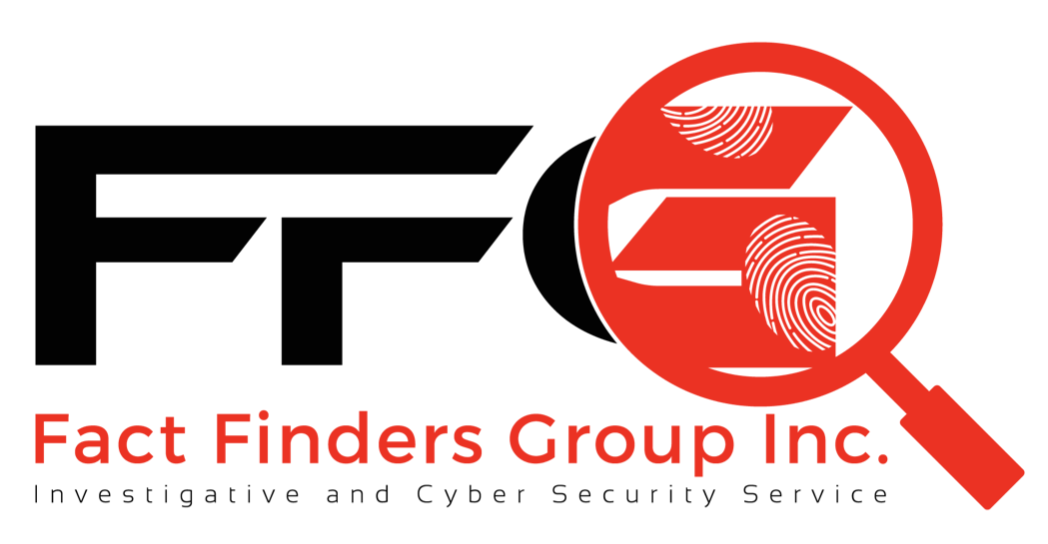Small Businesses Are Being Hit by PPP Loan Scams
Kara Kapczynski could tell something wasn’t right. The Vinings School of Art — which she started in 2006 to offer painting, drawing and music classes — had received a federal pandemic relief loan in May.
So, when an Atlanta-based employee with the Small Business Administration called Kapczynski on Nov. 17 to verify information for another loan, alarm bells went off, she said.
“At first, I thought he was trying to scam me,” she said. As it happens, a fraudster had submitted an application for a $71,000 COVID-19 relief loan in the name of the Vinings School of Art.
Fraud — whether it’s someone posing as a business owner or a real company misusing funds — has been a persistent problem with the $525 billion Paycheck Protection Program.
With the coronavirus pandemic exacting a heavy toll on the economy, the Trump administration prioritized speed over safeguards as the program was being set up, critics say. The forgivable loans were meant to encourage small businesses to keep employeesby providing money to pay them.
Through October, at least $113 million in loans had been fraudulently obtained from the PPP, according to the Project on Government Oversight, a nonpartisan watchdog group.
The program has few built-in ways to stop fraud, said Page Pate, an Atlanta attorney who has represented both people accused of PPP loan fraud and whistleblowers in PPP cases.
“The government felt that it was more important to put some gas in the tank and put money out in the community quickly,” Pate said. “They knew that there was going to be a certain amount of fraud” because the program was launched so fast.
Kapczynski said that, after she confirmed that she did not apply for the loan, the matter was closed. An SBA spokeswoman declined to discuss her case.
The Vinings School of Art offered only virtual classes from March to June, which meant “we had fewer students overall because not everyone wanted to pay for a virtual class,” Kapczynski said. Kapczynski said the relief loan she received in the spring, the amount of which she declined to disclose, helped her pay staff and conduct deep cleanings of the classroom space.
The loan program, established by Congress earlier this year, stopped taking new applications in August. Its success in helping small businesses stay afloat is still being debated. A Wall Street Journal analysis this month found that at least 300 companies that received PPP loans later failed. And a Harvard University study showed that the loans saved few jobs.
The Justice Department has prioritized fighting the type of scam that nearly ensnared the Vinings School of Art — when con artists apply for loans using the names and addresses of operating businesses, Pate said.
“These are run by a network of fraudsters who use legitimate businesses as part of their loan applications and have the money sent to them,” Pate said.
Details about some loan recipients is so scant that it’s difficult to ascertain whether they’re legitimate. God’s Anointed Youth Ministry received a PPP loan of between $1 million and $2 million, despite not registering as a corporation in Georgia and having a lapsed nonprofit registration, according to government records.
Despite the program’s problems, Kapczynski and other business owners credit the PPP with helping them survive this spring’s economic lockdown. She appreciates the fact that law enforcement and government officials are trying to identify fraud.
“People need to know that this is going on and that criminals don’t need much information about your business” to submit a fake loan application, she said.
(c)2020 The Atlanta Journal-Constitution (Atlanta, Ga.)
FFG Load Fraud Tips
You may report fraud, waste, mismanagement, or misconduct involving SBA programs or employees either online or by calling the Office of the Inspector General (OIG) at 800-767-0385.
Look out for individuals impersonating an official from the SBA or other third-parties making demands that you contact them. These are likely messages from scammers, and you should not act on them.
Know the spoofing warning signs. Fraudulent messaging may use the SBA logo or similar branding to mimic authentic emails or websites making it essential to carefully examine email or webpage addresses.

